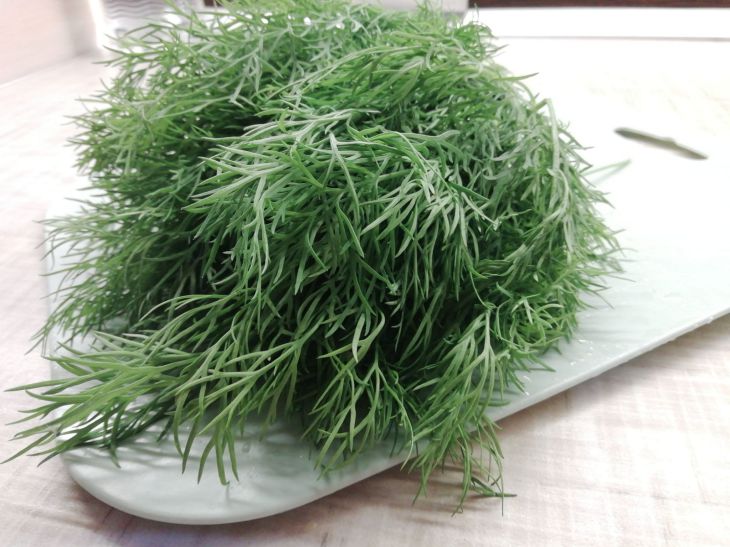What is healthier to eat: dill or parsley
Dill and parsley differ in their beneficial properties, but it is not at all necessary to choose one or the other.
Nutritionists recommend consuming both products regularly.
Which is healthier: dill or parsley
Dill contains much more manganese than parsley (1.3 and 0.16 milligrams, respectively), as well as potassium (738 and 554 milligrams) and calcium (208 and 138 milligrams).
Dill also contains large amounts of iron, copper, phosphorus and zinc.
In addition, dill is rich in biologically active substances and compounds that help prevent oxidative stress and the development of cardiovascular diseases.

Parsley is rich in vitamin K, which is important for strengthening bones, normal blood clotting and preventing atherosclerosis.
Parsley also contains a lot of zeaxanthin and lutein, which help prevent the development of eye diseases, in particular, cataracts.
Previously, we talked about which product can improve heart function and how often it should be included in the diet.
